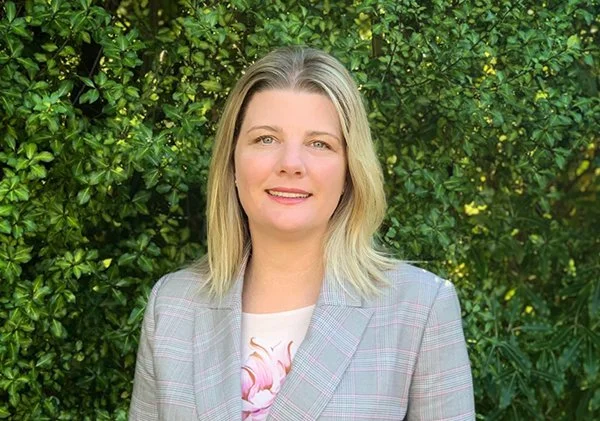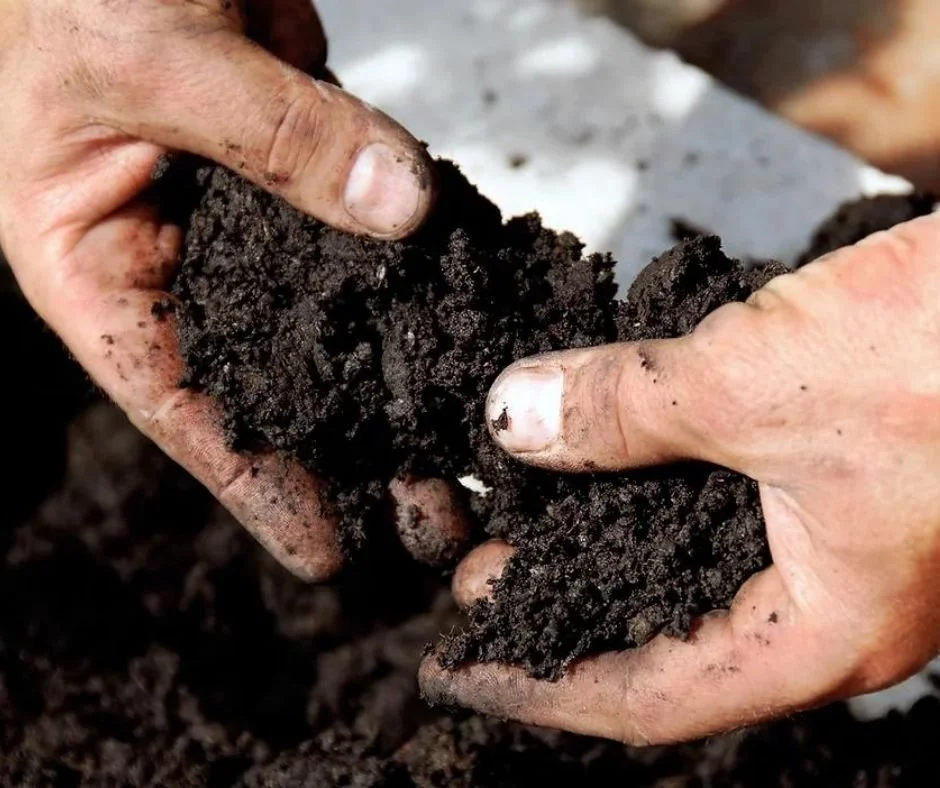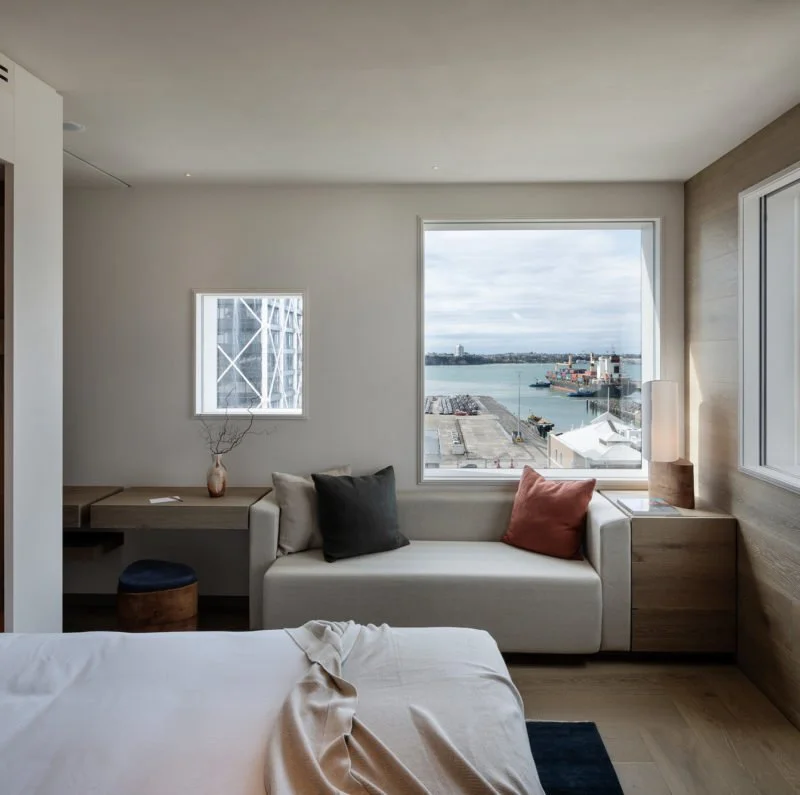Blog: Leading sustainability initiatives in business events
As we edge closer to our border reopening in May and the anticipated return of the international conference market, it is encouraging to see a number of organisations in the business events sector embracing sustainability and embedding it into they way they do business.
Carbon emissions from the global meetings sector fall into three main categories - travel, waste, and food production. Despite this, locally in Aotearoa we have heard very little from the sector on how it intends to target and reduce these types of emissions on its journey to becoming more sustainable as well as meeting 2050 climate targets.
Sustainability is often considered to be tasks or activities which ‘tick the green box’. Waste separation, minimising plastic, cotton delegate bags instead of polyester are all hallmarks of greenwashing. These types of activities and action do not equal sustainability.
Sustainability is fundamentally changing the way we do business events. It requires a commitment from event organisers, venues and suppliers to co-create strategies designed to minimise the negative environmental impacts and amplify the positive. It requires the entire business events supply chain to develop sustainability strategies, implement policies, and actively manage, monitor, and minimise its emissions.
By monitoring, measuring, and communicating the positive impact of business events, the sector can demonstrate far greater value to stakeholders, partners, and to the wider community.
Who is leading the way with sustainable initiatives in business events in Aotearoa New Zealand and what can we learn from them?
Te Pae Christchurch Convention Centre
Te Pae Christchurch Convention Centre is offering some first-in-New Zealand circularity initiatives that highlight what can be achieved through innovation and a commitment to climate action.
All food waste from the convention centre will be processed through a GAIA dehydration commercial waste system. Considered to be an accelerated fermentation and dehydration process, the GAIA system converts food waste into a nutrient rich compost-style material, which will be donated to local Canterbury market gardens and schools. Te Pae are very focused on sourcing 60% of their produce locally from the Canterbury region, with the remaining coming from other parts of Aotearoa.
Furthering their commitment to people and planet, Te Pae have installed an eWater generation system which utilises world-leading electrolysis technology to generate an endless stream of commercial grade disinfectant, sanitiser and a multi-purpose cleaning solution. Additionally, they have introduced to a carbon reduction programme for staff, vehicles and transport, and are aiming to become an 100% plastic free venue! Bravo!
In September 2021, Te Pae were awarded the Toitū environmark Gold Accreditation for their sustainable operations highlighting their commitment to impact mitigation, and ensuring sustainability is embedded in every part of their business operations.
Professional Conference Organiser Arna Wahl Davies from Composition
Ōtautahi Christchurch based Professional Conference Organisers Arna Wahl Davies and Nerida Ramsay from Composition put sustainability at the core of their meeting design process. Through trusted partnerships, they have built knowledge and capability into the planning process encouraging clients to take action - whether it is helping to source local produce, providing accessible transport options, or measuring the carbon footprint of meetings. Composition is striving to take leading role in sustainability throughout the web of industries it interacts with. Arna Wahl Davies believes “We’ve got such a ripple effect that if we do one small thing, it can reach thousands of people.”
Wairakei Resort Taupō, located on the Thermal Explorer Highway are another business events venue demonstrating their commitment to the environment. Wairakei take social and environmental stewardship seriously including having their own water treatment facilities, sewage treatment plant, and forestry block on site. The resort is also using MyNoke, a regenerative earthworm processing operation which turns organic waste into vermicast. The vermicast product is then utilised as compost for Wairakei’s own orchard, herb gardens, and resort grounds.
MyNoke vermicast product
In 2021, Whakatū Nelson became the first region in Aotearoa New Zealand to offer a carbon-zero travel itinerary. Nelson is home to many eco-conscious businesses who were collectively wanting to demonstrate how they could weave their commitment to the environment with domestic visitors wanting to minimise the impact of their travel.
Nelson’s Carbon Zero Travel Itinerary
Nelson Regional Development Agency (NRDA) saw this opportunity and created the Carbon Zero Travel Itinerary which offered visitors a light footprint holiday in the region. In the 12 months leading up to the launch of the itinerary, businesses in the region worked alongside Ekos to measure, reduce, and offset their carbon to become certified as either zero carbon or climate positive. All the businesses featured in the itinerary have achieved this certification, including New Zealand’s first climate positive pub!
In Tāmaki-makaurau Auckland, Hotel Britomart have paved the way for the future of sustainable hotel design by achieving New Zealand’s first 5 Green Star hotel rating by the New Zealand Green Building Council. The rigorous Green Star certification process required every design, planning, and building decision to mitigate impact on the environment. This has resulted in a highly efficient building that will produce 50% fewer greenhouse gas emissions than a building that meets the minimum requirements of the New Zealand building code.
The hotel offers a Stay (and eat) Green package which includes the gift of a native tree being planted at their sister property The Landing, a sustainably-sourced lunch at Kingi restaurant, and they will opt you into their Green Clean programme.
5 Green Star Certified Hotel Britomart Auckland
It is very encouraging to see new innovations and approaches to sustainability within the business events sector, however collectively more must be done to transition into regenerative future.
A commitment to ambitious actions and outcomes is needed urgently if the sector wants to truly address it’s emissions profile and demonstrate value to the communities and global ecosystem it serves.





